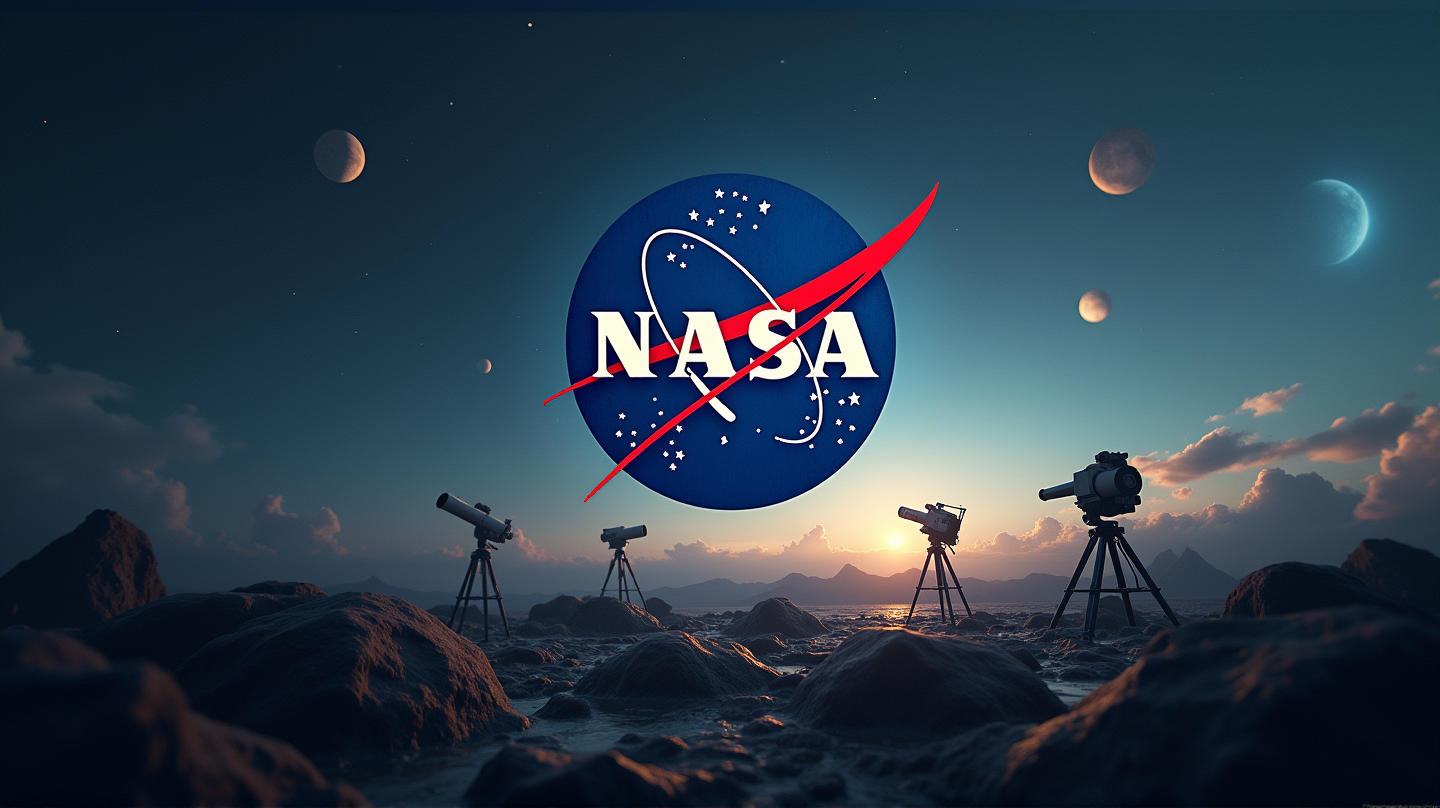Is America Losing Its Edge in Space Exploration?
Cuts to NASA's budget threaten the progress toward discovering alien life, as global competitors rise.

In a pivotal announcement, scientists using NASA’s James Webb Space Telescope reported spotting a potential alien life’s signature. Though the claim faced skepticism, it marked a historic moment, indicating humanity’s progress in detecting distant biospheres. Yet, the ability to sustain such feats is now under threat. Recent budget cuts to NASA, akin to an “extinction-level event,” could drastically impede the U.S. from maintaining its leadership in space discovery.
A Glimpse into the Technological Marvel
With technological advancements, we are on the cusp of potentially answering one of humanity’s most profound questions: Is there life beyond Earth? The current telescopes and future innovations provide almost dreamlike capabilities suggesting that we may soon gather concrete evidence. However, the reality is that NASA’s journey towards this colossal goal faces significant hurdles.
The Looming Crisis
Under the proposed federal budget for 2026, NASA’s funding faces severe cuts, harking back to levels last seen in 1961. Such reductions pose immense challenges, particularly in maintaining crucial projects like the International Space Station and monitoring Earth-threatening asteroids. While ambitious plans to land humans on the moon and Mars continue, the feasibility of pursuing groundbreaking scientific explorations with dwindling resources remains questionable.
Threat to NASA’s Science Mission Directorate
The most detrimental aspect is the steep nearly 50% cut to the Science Mission Directorate (SMD), responsible for iconic creations like the Hubble Space Telescope. This division faces a crippling setback, potentially derailing future missions designed to discover life on other planets. Until recently, SMD was spearheading the development of the Habitable Worlds Observatory (HWO) aimed for the 2040s, a project nearly as ambitious as the iconic Webb Telescope.
A Competitive Global Arena
The global space exploration landscape is rapidly evolving. While budgetary constraints threaten America’s lead, others, such as the European Space Agency and China, are advancing with promising missions. China’s planned 2028 launch of the Earth 2.0 telescope signifies a strategic effort to explore exoplanets, poised to compete directly with American-led initiatives.
The Urgency to Act
Despite international aspirations and competition, the cultural legacy and achievements of NASA hold an unparalleled influence worldwide. Protecting NASA from debilitating cuts not only ensures technological progression but secures America’s role in answering whether humanity is truly alone in the universe. Without decisive action, the mantle of making this discovery may pass to other nations, rewriting the narrative of space exploration.
Conclusion
Space exploration has strengthened America’s global stature, with a symbol as iconic as the Yankee cap or the NASA logo. If nurtured adequately, this legacy can lead the charge toward discovering life beyond our planet. However, in the face of dire cuts, the question may remain not just whether we are alone in the universe, but who gets to find out first. According to The Atlantic, decisive steps must be taken to ensure that America’s proud tradition in space exploration is not lost to history or foreign adversaries.

